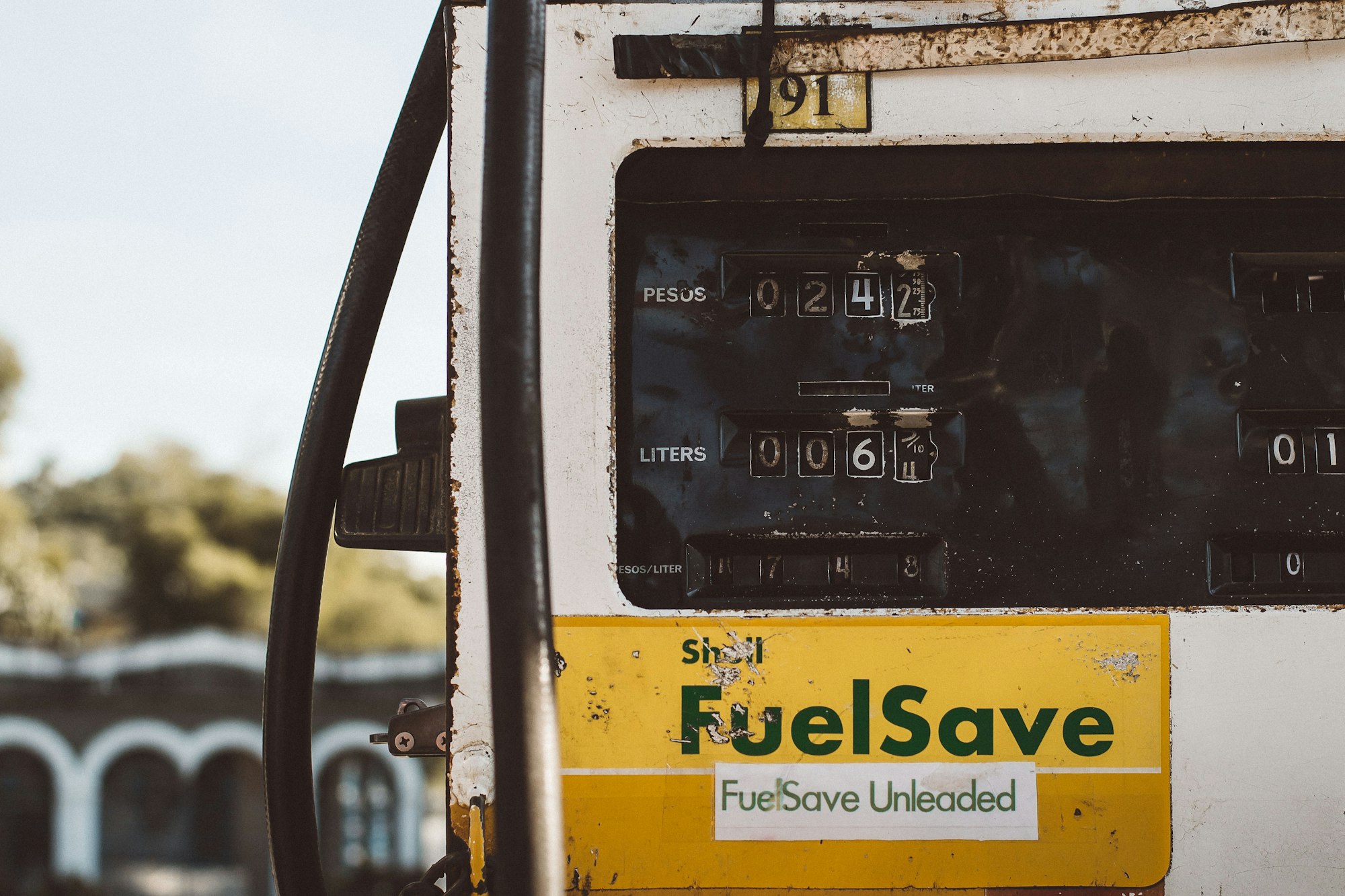Is Ammunition a Commodity?

What do you think? Is ammunition a consumer commodity like gasoline, milk, or carrots?
To answer that we should probably start with some definitions... What exactly is a commodity?
According to Merriam-Webster, the definition for a commodity is:
1c: a mass-produced unspecialized product
2a: something useful or valued
3: a good or service whose wide availability typically leads to smaller profit margins and diminishes the importance of factors (such as brand name) other than price
That is a pretty good basis, but since I'm an economics guy let's bring in a more financial focused definition and introduce a new word: "fungible".
Here is a description from Wikipedia (who I'm not really a fan of, but it doesn't seem like they were able to introduce political bias into a financial term, so I'll use it here...)
In economics, a commodity is an economic good, usually a resource, that specifically has full or substantial fungibility: that is, the market treats instances of the good as equivalent or nearly so with no regard to who produced them.[1][2][3]
Here is that word "fungible" again, this time from Investopedia:
Fungibility is the ability of a good or asset to be interchanged with other individual goods or assets of the same type. Fungible assets simplify the exchange and trade processes, as fungibility implies equal value between the assets.
Gasoline, Milk,... and Ammunition?
When you think about commodities in your daily life, you probably think about gasoline... or maybe milk. For the most part, one gallon of gasoline is the same as any other. The same can be said for milk. Though in real life we know that milk and gasoline are not perfectly fungible, meaning they aren't like an ounce of gold. If I had a gallon of ethanol free gas (like I run in my lawn mower) I wouldn't want to trade it for a gallon of 85 regular with 10% ethanol, right?
It is only once you get to the extremes of either really poor quality or really high quality or specialized do differences show up. Ethanol-free gasoline and 85 octane cheap gas are not equal. Or in the milk example, grass fed non-rBST injected cows aren't the same as some of low end really cheap milk. But a carrot is just a carrot (I guess unless it is organic).
Is gasoline of the same grade, say 87 octane, from one station really different from 87 octane from another station? No, not really.
Ammunition is very similar to other consumer commodities because it is differentiated only on the extremes. For a given caliber, there are usually some really cheap brands that aren’t consistent and don’t always go “bang” when you pull the trigger, or they get stuck in the chamber and won’t extract reliability. Then on the opposite side of the spectrum is extremely consistent and reliable match grade ammunition. Everything in the middle is pretty much the same.
Manufacturers are always looking for ways to differentiate their products, and some do based on quality (either good or bad), but at the end of the day just about everything in the middle of the pack is "fungible" and is basically interchangeable.
How interchangeable exactly?
Well, let me ask you this... when you go to the store to buy practice ammo and you see something on sale, how much weight do you give the brand? If you are like most people, if it's a brand from that middle quality tier (i.e.: not low quality and known for issues) and it is priced below the other middle quality tiers, you don't really care what the brand is and you'd probably buy it. Price drove the decision and not the brand - it was fungible.
One round of 115gr 9mm FMJ brass cased is the same as any other 115gr 9mm FMJ brass cased round of ammo. Manufacturers don't want you to think that of course!
I'm not saying that every brand is EXACTLY the same as every other - there are slight differences between manufacturers, but like gasoline of the same grade they are fungible. If your goal is general training or target practice and not match grade competition - just about any round that works in your gun, will work.
That brings up a good point. There can be individual firearm exceptions if your gun just doesn't like a particular bullet shape, weight or load. Especially "picky" gun platforms. For example, I have a 10mm 1911 from Springfield that just doesn't like the PMC 10mm 200 grain ammo for some reason. As that gun's owner, that's good to know so I won't buy it. That is also why I'm a big believer in running lots of different brands and bullet weights through my guns to determine if there is any "finicky-ness" and to try and diagnose the issue, if possible, to find the root cause.
At the end of the day can I tell the difference between a round from Federal, Aguila, or PPU? No, honestly not at all. As long at they are all reliable in my firearms, the actual performance of the round down range is going to depend a lot more on me than the brand of the round. Remember we're talking about the middle tier - not the bottom of the barrel or the upper crust "match" grade rounds here - they will all pretty much be the same.
Even if you take into account difference in velocity? Yep, so let's talk about that next.
Velocity Differences
Now let's talk about velocity. I recently answered a comment on another blog post about this. I mentioned that I have no problem mixing my ammo between brands and even between 223 and 5.56.
What?!? Crazy right?
When you actually do the math in the velocity differential between a round of 223 and a round of 5.56 there isn't a huge difference on point of impact under 200 yards. Here is my comment on that:
Even differences in velocities don't matter much which is why I will also readily mix 223 and 5.56 because at the typical distances I'm shooting the slight velocity difference doesn't matter one bit. For example: if you take an extreme example: PMC 5.56 55gr vs PMC 223 Remington 55gr. Listed velocities of 3120fps for 5.56 vs 2900 for .223 round. At 50 or 75 yards, will there be much difference in POI? Nope. Even taking those two out to 200 yards the difference is only about 1inch in point of impact.
That is a pretty small difference of only .5 MOA which is under the accuracy capability of just about every off the shelf non-match semi-auto out there. A typical AR15 will shoot 1.5-2 MOA with decent ammunition.
When DOES that matter? If you are shooting a match grade rifle with match grade ammunition. Then everything matters. At that point, one lot of ammunition is not the same as another because even the smallest difference in bullet design, weight, powder, case, primer will change the point of impact.
When shooting closer range and larger targets, the differences are still there, they just don't matter. Your capabilities with that firearm matter more than the brand of ammunition, the lot number, or heck in most cases, even the bullet weight.
Non-Fungible Rounds
The three types of rounds I'd say aren't exactly fungible are match (obviously), but also hunting and self defense. This means that one round is not like others. In the ammunition world, these three categories are where your find the largest differences in bullet weight, shape, and consistency.
Hunting non-fungibility has more to do with having the right bullet weight and type of bullet for the game animal you are hunting. I do know many hunters that aren't that particular about the brand or bullet type as long as it is designed for the game animal they are hunting and the bullet weight is within a specific range. If you are like most hunters you'll confirm your zero at the beginning of the season and call it good. If you are switching between bullet weights, you might need to fire a second 3 shot group to dial it in, but after that, you are good to go until you switch brands and/or bullet weights. Since most hunters usually go 2-3 seasons with the same box of ammo, that is a long time.
Self Defense ammo non-fungibility has more to do with reliability and bullet type more than anything else. You need to make sure that exact bullet weight, brand, and bullet type function reliably in your firearm. People also track how certain rounds do in FBI gel tests or want to carry what police officers are using. (Side note: this is exactly why we added a 9mm Self Defense Premium SKU to our lineup so we can provide only rounds authorized by police departments). Other folks aren't as particular and know that if they shoot someone with anything other than an FMJ bullet, they'll do some damage!
So, it really come down to individual likes and dislikes. Some people are fine getting different types of practice ammo but they would never think of changing the hunting round that that has served them well for 25 years! So for that person, the practice ammo is fungible (a commodity), but hunting ammo isn't. Another brand of hunting ammo couldn't be substituted for them. The same may go for match ammo or a particular self defense round for other people.
Summary
So where does that leave us? Is ammunition a commodity product or not? In my mind certain types of ammunition is a straight up fungible commodity: the mid-tier practice ammo. Like mid-tier milk, eggs, or gasoline. I will readily mix and match all day long because the differences aren't enough to result in a different outcome downrange.
Other types of ammunition such as hunting, match, or self defense have more unique features so they aren't fungible between types like practice ammo is... However, the old saying: "you don't buy a drill, you buy a hole" applies here. When you are buying ammo, you are buying a purpose - whether that is practice, self defense, hunting, or match. As long as the ammo serves that purpose and it does so with your firearm, the brand, bullet weight, bullet type, and bullet shape really doesn't matter.
